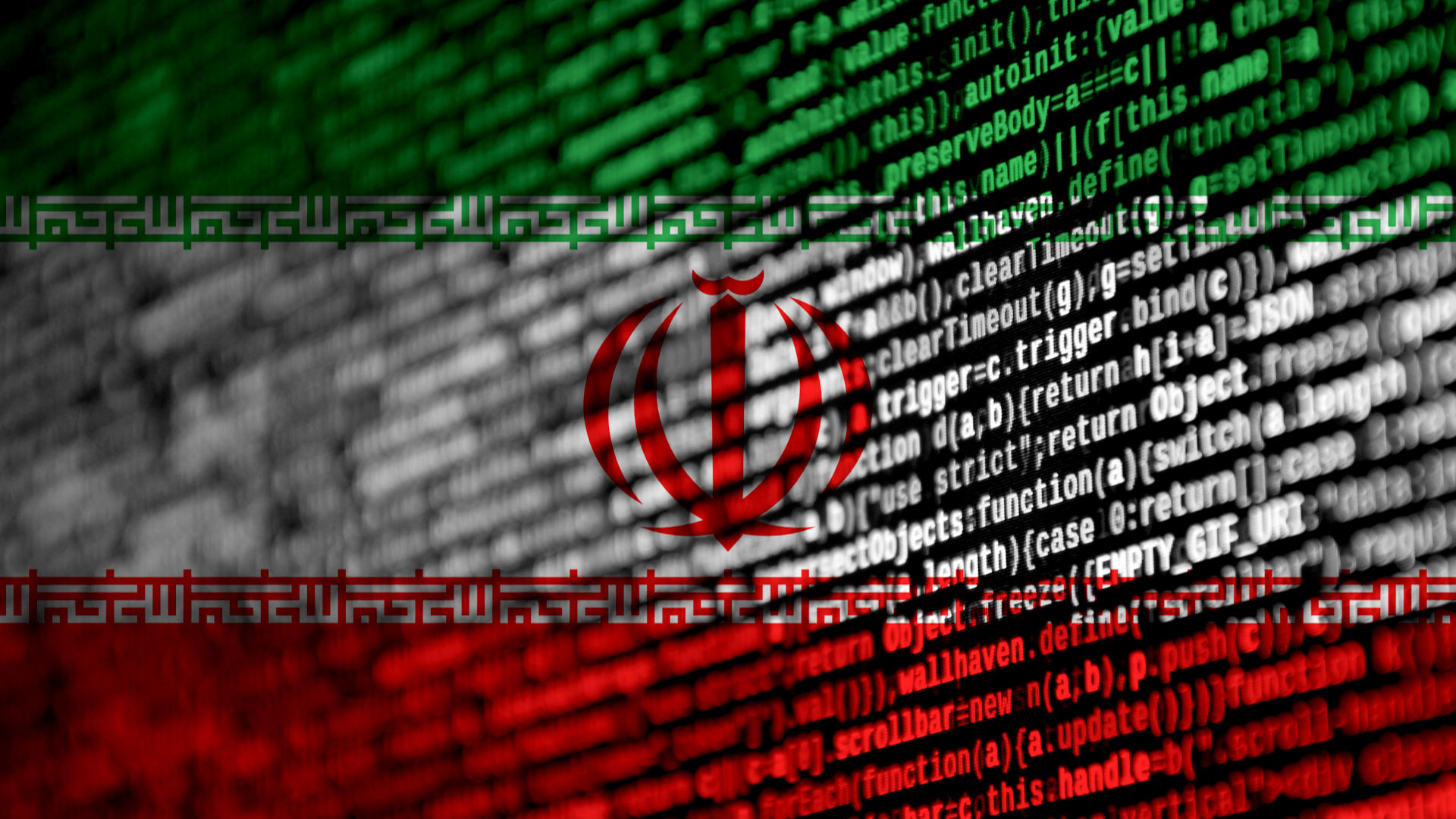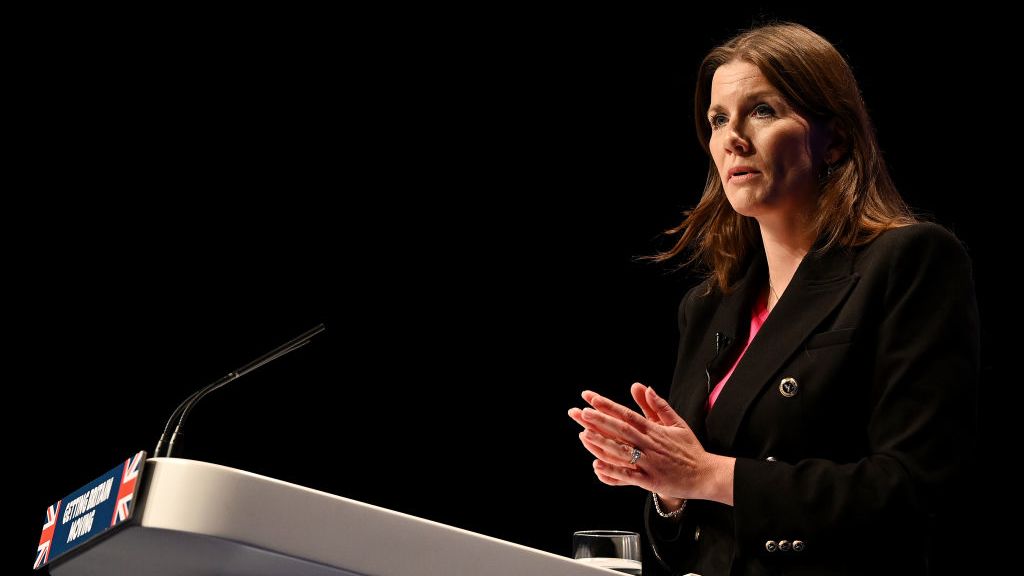Iran shuts down the internet to clamp down on fuel price protests
Unprecedented network blackout approaches three days as citizens revolt against fuel hike


Internet access has been almost entirely blocked in Iran for more than two days as social unrest over fuel prices continues to escalate across the country.
As the nationwide protests that erupted last week continue, it's been more than 65 hours since access to the Web has been restricted for the vast majority of Iran, data from the NetBlocks service shows. The blanket internet shut down, imposed by the Iranian government, has seen connectivity to the outside world fall to just 4% of normal levels.
Mobile network operators, similarly, have endured severe disruption, with the largest firms including MCI, Rightel and IranCell falling offline over the weekend.
Protests were sparked on Friday by a sudden announcement that fuel prices would rise by between 50% and 300%, with anger against the regime rapidly spreading to towns and cities nationwide.
The authorities responded by shutting down access to the Web due to the prominence of social media platforms in organising these waves of dissent. The protests themselves have intensified, and have resulted in several deaths.
NetBlocks, a civil and digital rights group, gathers its data by mapping the entire IP address space of the country in real-time and shows internet outages that correspond with connectivity disruptions.
There's a distinct network pattern that correlates with imposed network outages, such as that in Iran, which allows for attribution to the root cause.
Sign up today and you will receive a free copy of our Future Focus 2025 report - the leading guidance on AI, cybersecurity and other IT challenges as per 700+ senior executives
The UN passed a non-binding resolution recognising disrupted internet access as a human rights violation three years ago.
Although Iran isn't the only nation to use such authoritarian tactics to crack down on the spread of dissent, this outage is on the verge of becoming the longest government-imposed blackout that a country has sustained.
Previous reports show that India, for example, shut down the internet in a particular region earlier this month to coincide with a 70-year verdict that sought to resolve a land dispute between Hindu and Muslim residents. The Iraqi government similarly intermittently closed off online access in November as protests against alleged government corruption spread.
A few steps short of shutting down the web entirely, many authoritarian countries including China and Russia have instead opted to censor certain websites and platforms, particularly social media websites.
Russia, for example, has been engaged in a curious censorship back-and-forth with Google, with the government demanding Google routes search results through the filtration system.
This is based on a law Russia passed last year that required search engines to be connected to the federal state information system (FGIS), that lets the government filter results in line with a state-wide online censorship campaign.
The secretive Project Dragonfly search engine, meanwhile, that Google was developing for the Chinese state in order for search results to confine with strict censorship laws, was finally terminated in July. The decision was made in light of heavy criticism levelled at the company after the existence of the project was revealed last year.

Keumars Afifi-Sabet is a writer and editor that specialises in public sector, cyber security, and cloud computing. He first joined ITPro as a staff writer in April 2018 and eventually became its Features Editor. Although a regular contributor to other tech sites in the past, these days you will find Keumars on LiveScience, where he runs its Technology section.
-
 Three things you need to know about the EU Data Act ahead of this week's big compliance deadline
Three things you need to know about the EU Data Act ahead of this week's big compliance deadlineNews A host of key provisions in the EU Data Act will come into effect on 12 September, and there’s a lot for businesses to unpack.
-
 UK financial services firms are scrambling to comply with DORA regulations
UK financial services firms are scrambling to comply with DORA regulationsNews Lack of prioritization and tight implementation schedules mean many aren’t compliant
-
 What the US-China chip war means for the tech industry
What the US-China chip war means for the tech industryIn-depth With China and the West at loggerheads over semiconductors, how will this conflict reshape the tech supply chain?
-
 Former TSB CIO fined £81,000 for botched IT migration
Former TSB CIO fined £81,000 for botched IT migrationNews It’s the first penalty imposed on an individual involved in the infamous migration project
-
 Microsoft, AWS face CMA probe amid competition concerns
Microsoft, AWS face CMA probe amid competition concernsNews UK businesses could face higher fees and limited options due to hyperscaler dominance of the cloud market
-
 Online Safety Bill: Why is Ofcom being thrown under the bus?
Online Safety Bill: Why is Ofcom being thrown under the bus?Opinion The UK government has handed Ofcom an impossible mission, with the thinly spread regulator being set up to fail
-
 Can regulation shape cryptocurrencies into useful business assets?
Can regulation shape cryptocurrencies into useful business assets?In-depth Although the likes of Bitcoin may never stabilise, legitimising the crypto market could, in turn, pave the way for more widespread blockchain adoption
-
 UK gov urged to ease "tremendous" and 'unfair' costs placed on mobile network operators
UK gov urged to ease "tremendous" and 'unfair' costs placed on mobile network operatorsNews Annual licence fees, Huawei removal costs, and social media network usage were all highlighted as detrimental to telco success

